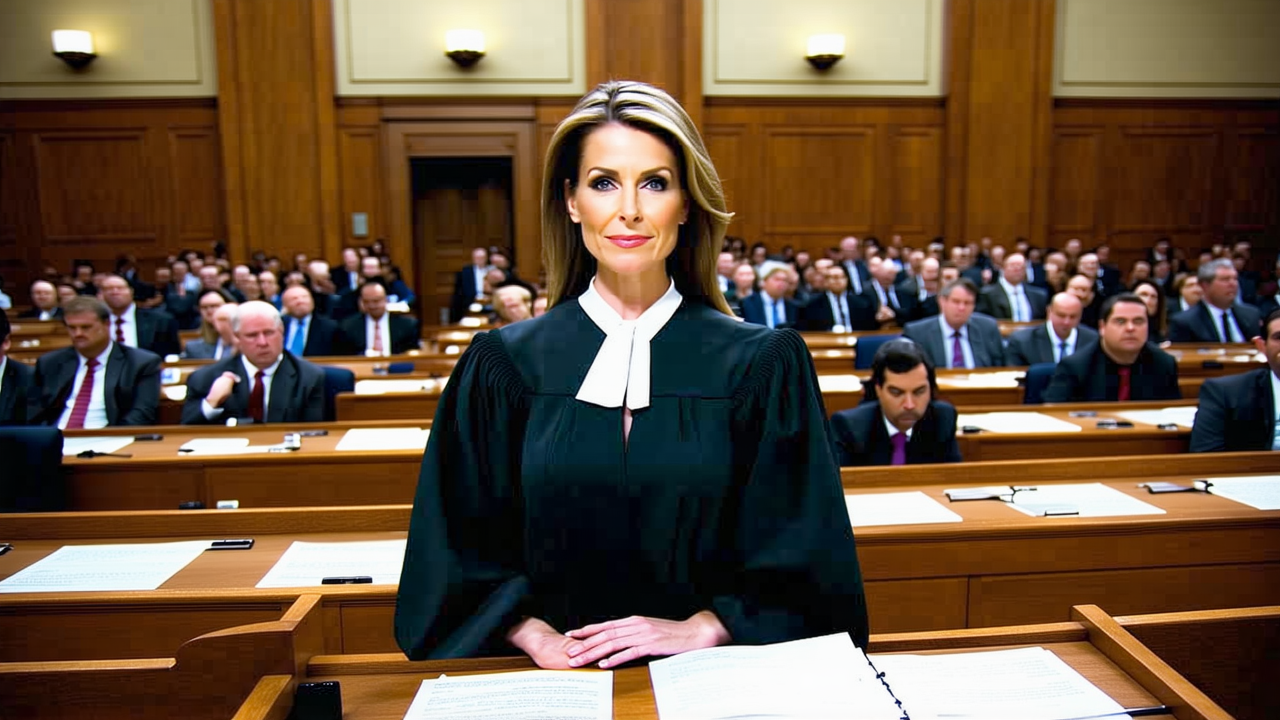Man Found Guilty of Possessing Christchurch Mosque Shooting Videos
A Government Employee Convicted of Possessing Objectionable Content from Christchurch Mosque Shootings
A government employee has been found guilty of possessing live stream videos from the 2019 Christchurch mosque shootings, marking a significant legal development in New Zealand’s ongoing efforts to combat the spread of extremist material.
Trial and Charges
The individual appeared before Judge David Robinson in the Dunedin District Court for a judge alone trial on Monday. He faced charges of possessing an objectionable publication under New Zealand’s Harmful Digital Communications Act. The court imposed an interim suppression order on the man’s name and occupation, in line with legal procedures to protect the privacy of individuals involved in sensitive cases.
The defendant claimed that he had accessed the videos for work-related purposes, asserting that he was unaware at the time that they were classified as objectionable. He also argued that the videos were not stored on his personal phone, having only been emailed from his work device. However, the court found these explanations unconvincing, with the judge describing them as 'entirely implausible.'
Key Evidence and Court Proceedings
New evidence presented during the trial demonstrated that the videos were stored in the defendant’s phone gallery alongside personal family videos. The defendant was recalled to the stand for further questioning by Crown prosecutor Mike Brownlie, who asked whether he was aware the objectionable videos were on his phone.
'No, I was not aware these videos were on my phone,' the defendant replied. However, he acknowledged that the videos were visible in the gallery and admitted that he did not typically review older photos and videos. The court heard that no metadata confirmed whether the videos had ever been opened by the defendant.
Judge Robinson rejected the defendant’s testimony, stating that the videos would have been clearly visible to anyone using the phone. The judge suggested that the defendant was attempting to rationalize the presence of the videos in his gallery, rather than acknowledging their existence.
Legal Consequences and Public Reaction
Despite the conviction, no formal sentence was entered at the conclusion of the trial. The court will determine the appropriate penalty at a later date. The maximum penalty for possessing objectionable material under the relevant legislation is a 10-year prison sentence or a fine of up to $50,000.
This case has reignited discussions about the responsibilities of public officials in handling sensitive and potentially harmful digital content. Legal experts have emphasized the importance of strict compliance with laws governing the possession and dissemination of objectionable material, particularly in light of the ongoing threat posed by online extremism.
Public interest in this matter has been high, given the historical and emotional weight of the Christchurch shootings. The trial serves as a reminder of the legal and ethical obligations that individuals—especially those in positions of public trust—must uphold when dealing with digital content that could cause harm.
